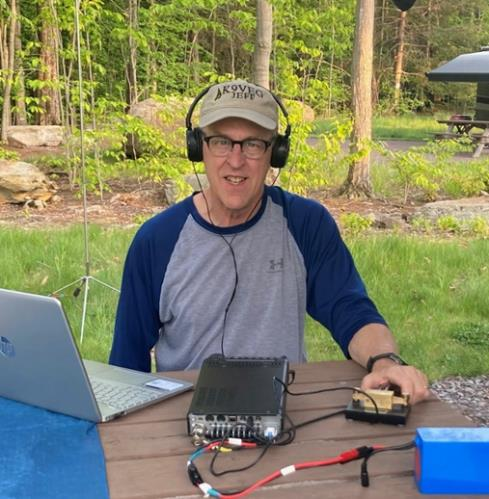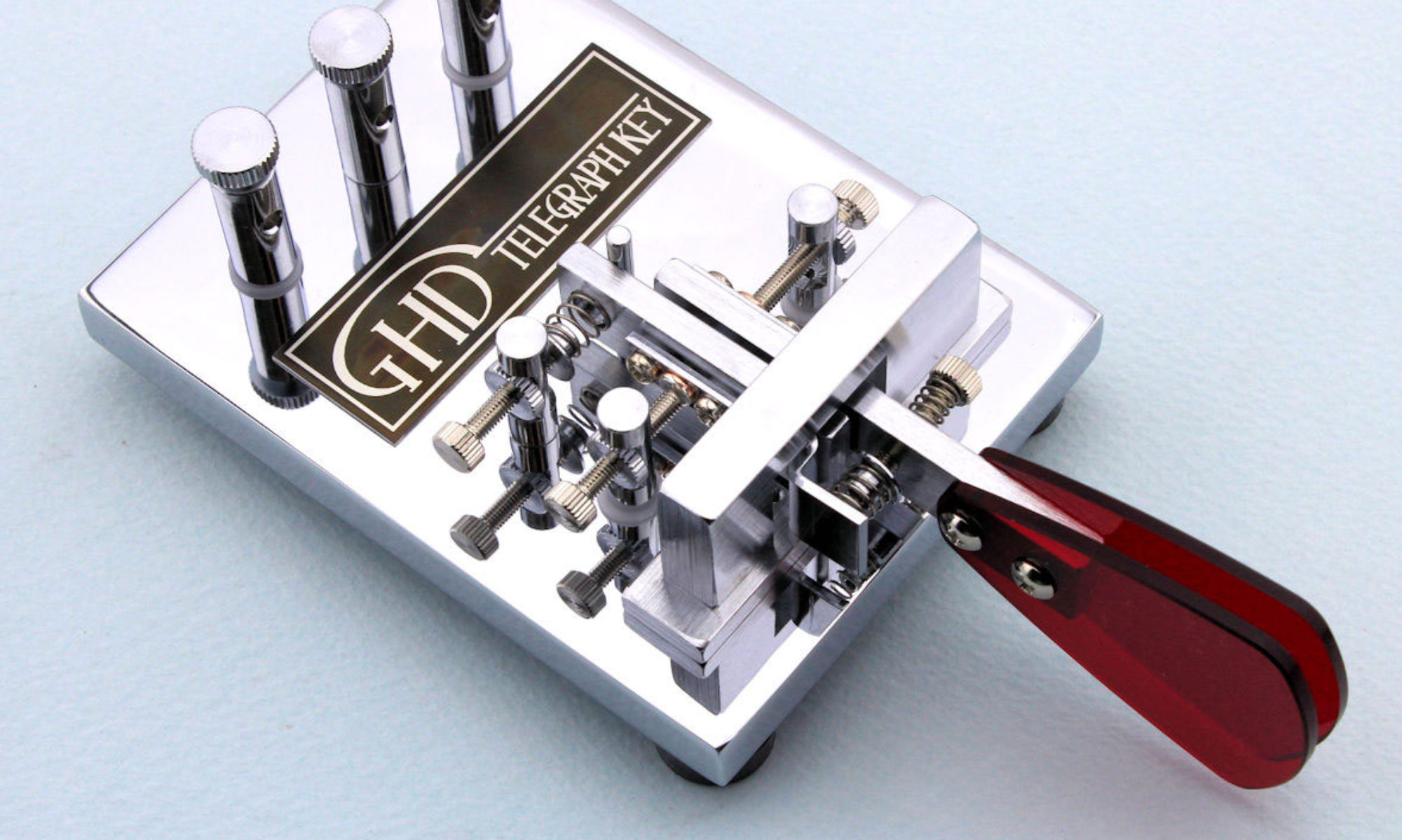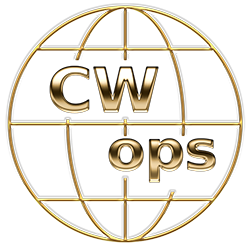
My introduction to the world of radio began during my time in the U.S. Army, where I worked as a satellite communications earth station repair technician. After leaving the army, I transitioned through a couple of companies and eventually landed a management position. Sadly, the days of hands-on electronics work were behind me.
In late 2015, a local Ham, Alan McCormick (WA2GTT), passed away, leaving his entire estate to his niece. She was a friend of my wife’s and knew about my interest in antique radios, and as luck would have it, Alan had an incredible collection. Although my collection is modest, I couldn’t resist the opportunity. I visited Alan’s house and ended up purchasing five antique radios, all of which were in excellent restored condition. But that wasn’t all. I stumbled upon Alan’s ham shack, filled to the brim with intriguing hardware, boxes of notebooks containing his meticulous notes, and an abundance of cool equipment. As I delved into his world, reading his notes and examining his possessions, I found myself becoming more and more intrigued. A few weeks later, I was completely hooked. In 2016, I took and passed the Tech exam, followed by the General a few months later, and finally, the Extra. Alan became my first Elmer, even though I never had the chance to meet him while he was alive.
Once I obtained my license, I found myself unsure of what to do next. While the equipment was fascinating and building wire antennas proved enjoyable, I was left wondering about the next steps. I made a few SSB contacts, which were fun, but I yearned for something more. Then, in 2017, I stumbled upon Morse code. Initially, it seemed like a jumble of random sounds, but something about it sparked my curiosity. I set out on a mission to learn Morse code, spending time listening and practicing sending. That’s when I discovered Parks on the Air (POTA), a fantastic activity that allowed me to chase people operating from parks while earning awards. I desperately wanted to activate parks myself, but there was one obstacle—I didn’t have a portable rig. Determined, I purchased a used You Kits HB1B. The only catch was that it operated exclusively in CW. So, I taught myself enough code to get on the air. The whole experience was exhilarating.
Fast forward to 2021, and I decided to retire. The following year, I realized that my Morse code skills were lacking. While I could manage a POTA QSO, I knew I had room for improvement. That’s when I made the decision to enroll in a CW academy class, determined to take my skills to the next level. Thanks to the support of my classmates, and advisors, I’ve made significant progress. My code has improved, but I’m fully aware that this is a long-term endeavor. I’m immensely grateful for the encouragement and assistance I’ve received from the CW academy and the sponsors who believed in me and approved my CWops membership. I eagerly look forward to continuing my growth in this amazing hobby.
This biography is what appeared in Solid Copy when the member joined CWops.
